Repeated Crisis In Africa : Do Regional Blocs Lack Solutions?
- Par Eldickson Agbortogo
- 21 Sep 2023 13:15
- 0 Likes
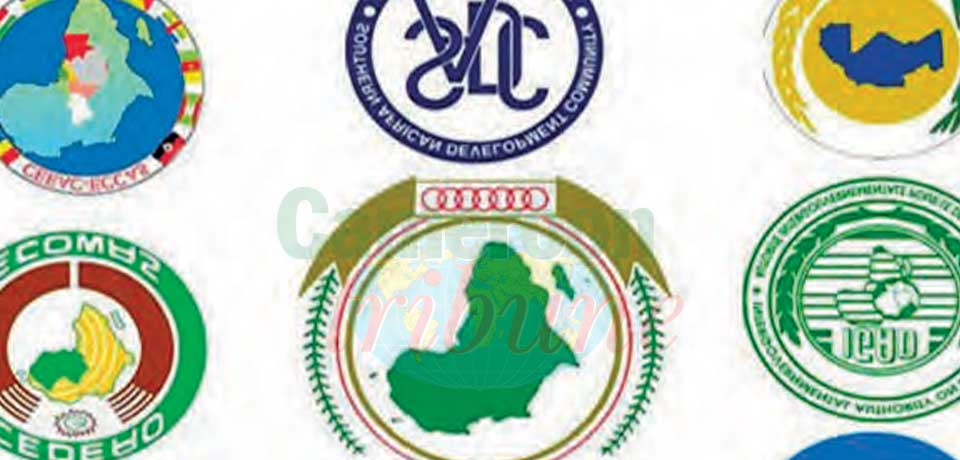
Africa has 55 countries that belong to the African Union (AU). Apart from the AU, most of these countries are members of one or two regional groups or blocs. The aim of such associations is to enable member States to efficiently deal with cross-border security, developmental and economic integration issues and jointly take on proactive projects. The continent’s eight regional economic communities (RECs) and two regional mechanisms collectively have 106 members. They are; the Southern African Development Community (SADC), the East African Community (EAC) and the Economic Community of Central African States (ECCAS), the Economic Community of West African States (ECOWAS), the Community of Sahel-Saharan States (CEN-SAD), the Arab Maghreb Union (AMU), Intergovernmental Authority on Development (IGAD), Common Market for Eastern and Southern Africa (COMESA) and Economic and Monetary Community of Central Africa (CEMAC).
Beyond the obvious value of facilitating intra-African trade, regional blocs create political coherence and shared values. They are called to respond to coups, unconstitutional changes of government, security threats such as violent extremism and decisions by some leaders to forcefully seek unending terms. But recently, these noble missions have been put to question by the numerous unconstitutional changes and military coups in the continent. Such tests have come from Mali, Burkina Faso, Guinea Conakry, Niger and Gabon. Though the main continental bloc, the African Union, has in each of the instances condemned the act, it has done less to put order or stop the phenomenon. Most of the members are often divided than united when it comes to facing the different cases that come up. To the extent that some regional blocs do feel abandoned or betrayed by the mother organization, the African Union.
That said, ECOWAS has been one of the most vibrant of these regional blocs. They have taken a united stand against military coups by either suspending or imposing sanctions on the countries concerned. A few weeks ago, the West African bloc went beyond the suspension and sanctions by ordering the activation of a standby force for possible use against the military junta that took power in Niger on July 26, 2023 in order to restore constitutional rule. The threat of an invasion, though not specific, raised tension in and around Niger, a uranium producer that until the coup was an important ally of Western countries in the fight against Islamist insurgents in the Sahel region. This was after the military junta had defied an August 6, 2023 deadline to stand down, set by ECOWAS. Even the holding of extra-ordinary summit of its Heads of State in the Nigerian capital, Abuja, during which the bloc pledged to enforce sanctions, travel bans and asset freezes on those preventing the return to power of democratically-elected President Mohamed Bazoum, did not deter the military junta headed by General Abdourahamane Tiani. They have instead appointed governors in the regions, ...
Cet article complet est réservé aux abonnés
Déjà abonné ? Identifiez-vous >
Accédez en illimité à Cameroon Tribune Digital à partir de 26250 FCFA
Je M'abonne1 minute suffit pour vous abonner à Cameroon Tribune Digital !
- Votre numéro spécial cameroon-tribune en version numérique
- Des encarts
- Des appels d'offres exclusives
- D'avant-première (accès 24h avant la publication)
- Des éditions consultables sur tous supports (smartphone, tablettes, PC)






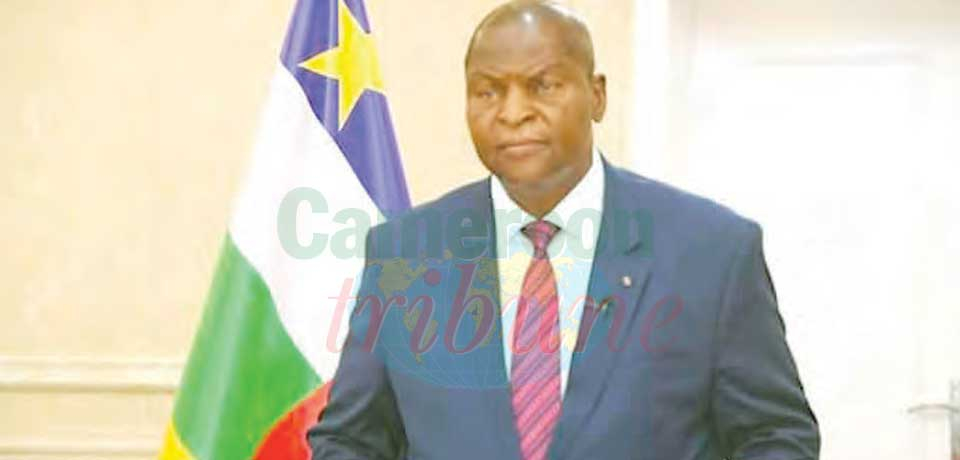
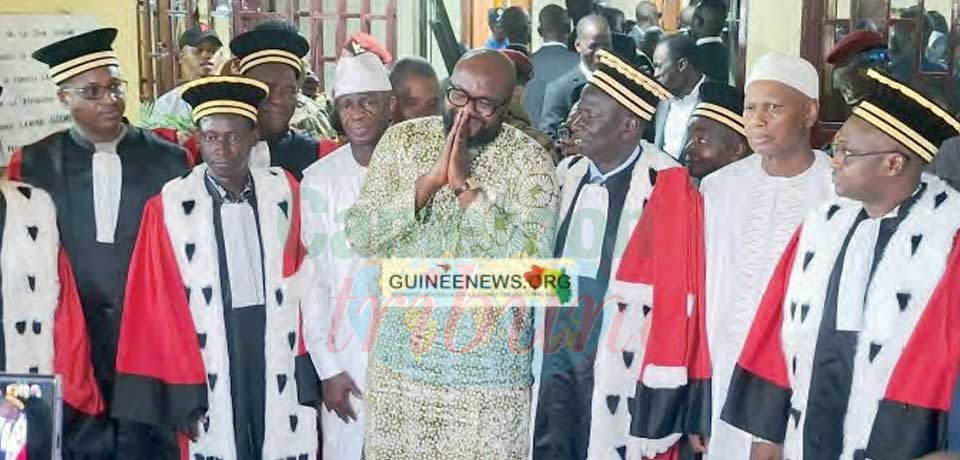
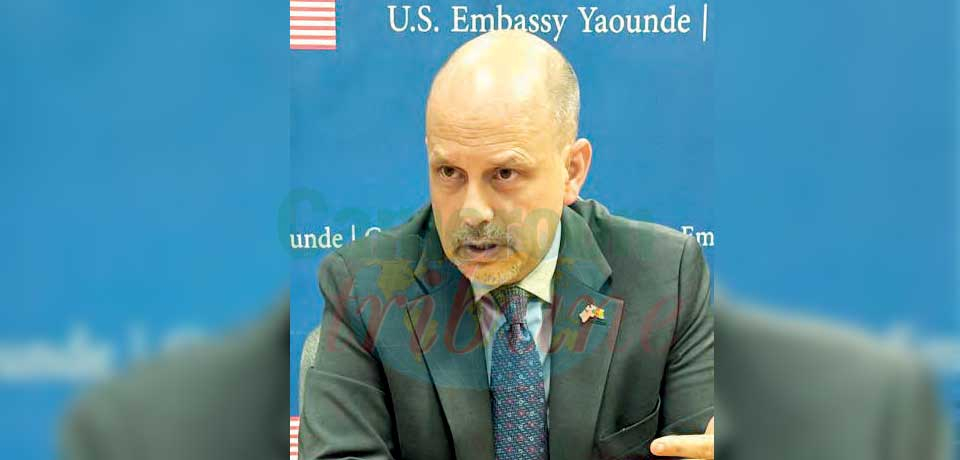
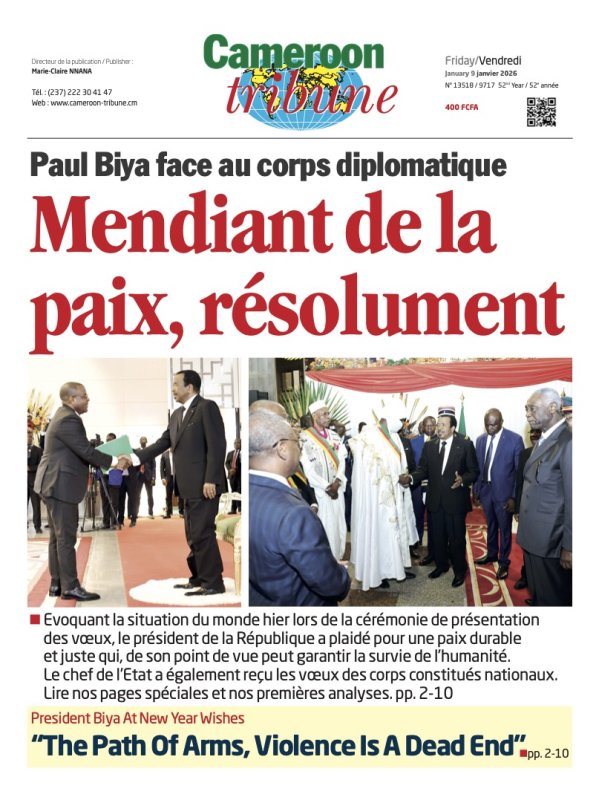




Commentaires